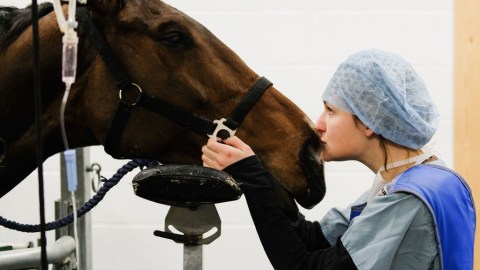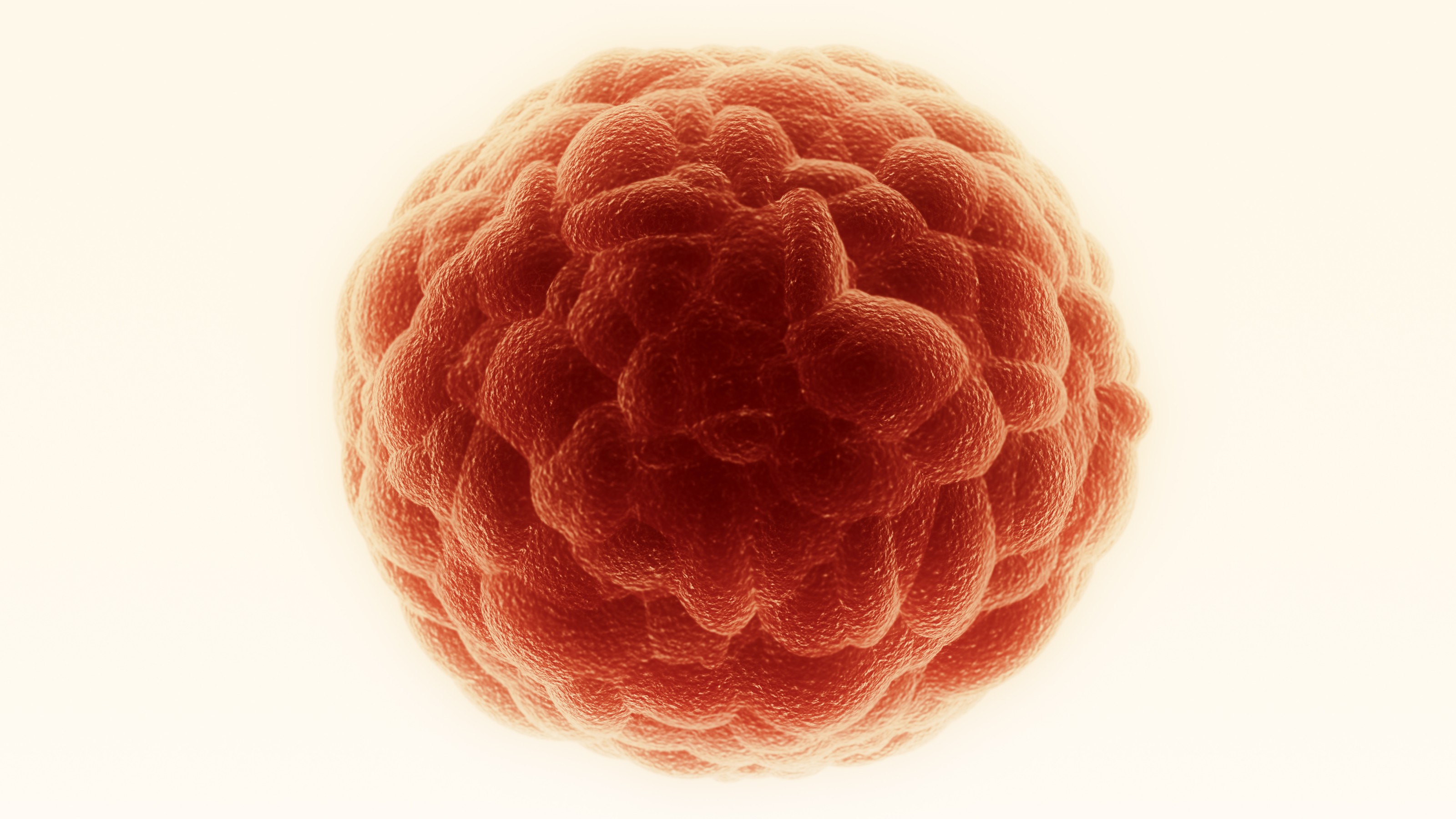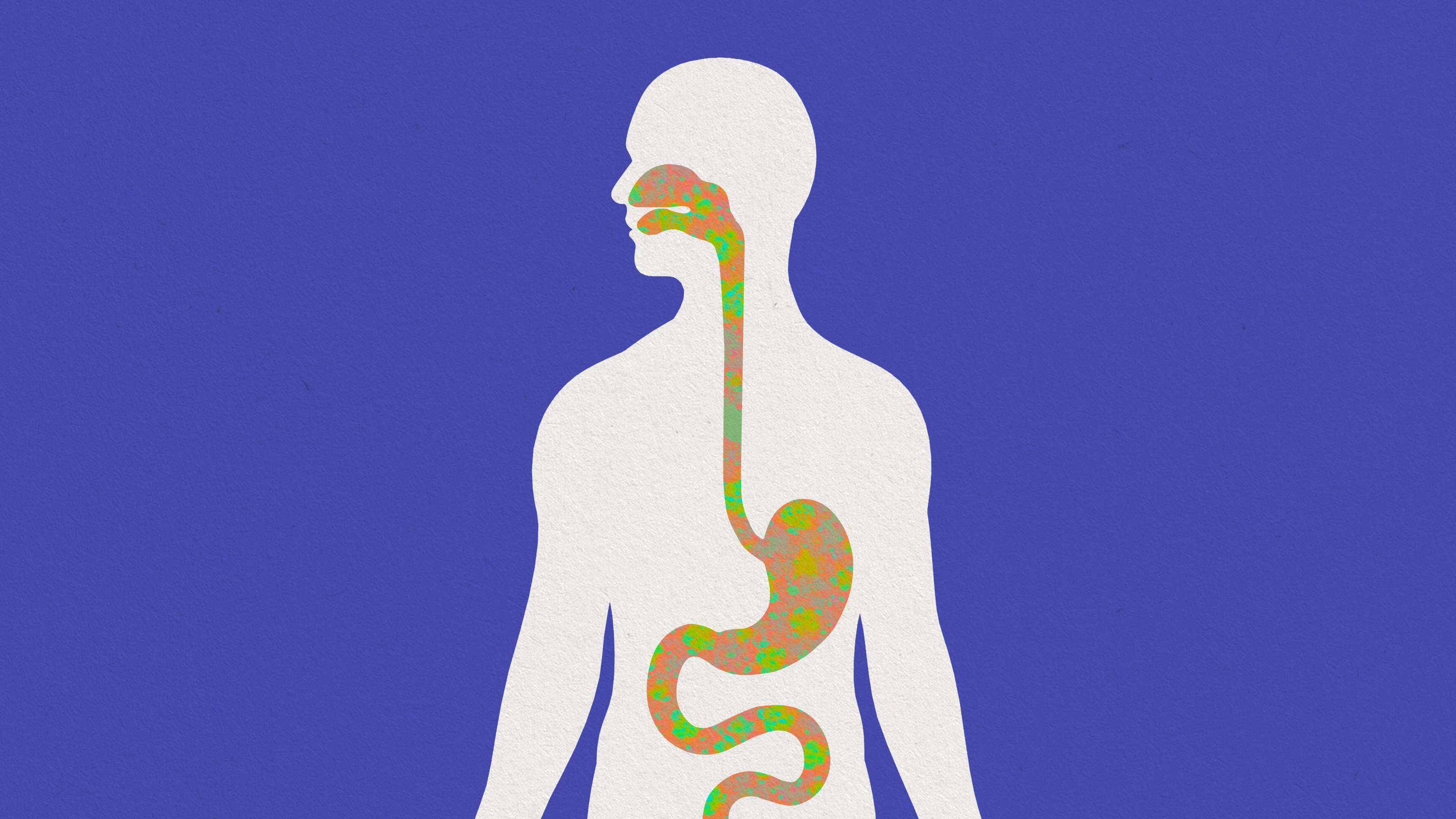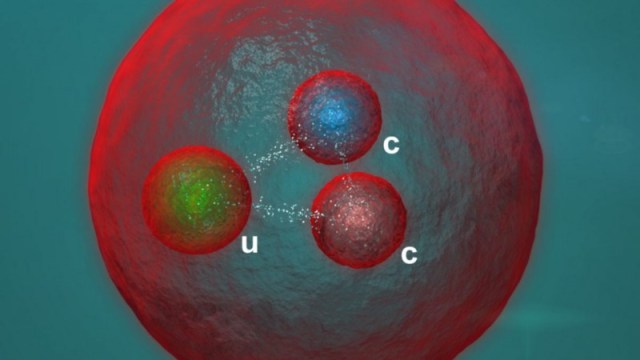Animals feel pain. Why do people believe they don’t?

- As part of the EU Withdrawal Bill, British MPs refused to recognize animal sentience.
- Yet it is well-documented that animals feel a range of feelings, including pain.
- The delusional idea that only humans experience emotions has lead to a variety of catastrophic problems, such as mass factory farming
As a child I loved Rick Raccoon. He was the only stuffed animal I owned of the Shirt Tales crew. The show was necessary Saturday Morning television before I left the cartoon-watching age.
Many years later, I returned home to my Jersey City studio around 3 a.m. As I was winding down, my cat, Osiris, began hissing at the window sill. I heard a shaking noise, as if someone was trying to break through the screen. I quickly slammed the window shut and turned on the deck light, whereupon I see a large raccoon jump from the fire escape. He tried to rip through the metal grating of the door with his claws and teeth. Unsuccessful, he destroyed the mop perched against the railing.
Rick Raccoon this was not.
From afar, raccoons are cute. Initially classified as dogs and bears, they eventually received their own taxonomy—Procyon means “before the dog.” While they generally avoid humans, a rabid raccoon, which is likely what I encountered, has no problem attacking you or anything else.
We’ve long personified animals. Before gods were depicted as humans they were mythologized as animals or animal-human hybrids. There’s a catch in that last phrase, however. Humans are animals. We forget that often, as in the whole “dominion over all animals” part of the Bible, opening the doors for us to treat other species however cruelly we choose.
How do animals experience pain? | Robyn J. Crook
Our relationship with other species has always been fraught. Some animals we domesticate and benefit from in a kind and caring manner. Some we effectively barter with; you do this and I’ll feed and shelter you. Some we simply slaughter, for food and sport. Being an apex predator has allowed us to torture other species with little regard for their sentience.
That’s in large part thanks to the psychological dominance of behaviorism, a system that assumes all reactions to stimuli are preprogrammed. Strains of this thinking linger when anti-homosexual groups pretend to “cure the gay,” as if sexuality can be rewired. When it comes to other animals, few scientists take behaviorism seriously, though its legacy persists.
One recent example occurred in 2017 when British MPs refused to include animal sentience in the EU Withdrawal Bill. Hopes of protecting species as the nation exits from Europe were dashed by anti-science pundits, leaving a nation to speculate that the move by the Tories sets up future insidious legislation.
The notion that animals cannot feel emotions or pain flies in the face of the foundation of evolutionary biology. Humans were not born whole cloth with a unique physiological system. We do have unique characteristics, such as a strong sense of agency and an ability to portend the future, yet pain is a signifier that a problem is occurring. This warning system is encoded into every representation of biological life. As experts argue, affect precedes consciousness. Emotions guide cognition.
This said, then, does our repeat denial that animals can feel pain better enable us, in some way, to hurt them? Do we intentionally disconnect their suffering in order to maim them — or worse?
The science of emotions | Jaak Panksepp at TEDxRainier
How pain manifests is strikingly similar across mammalian groups, including humans. Similarities in behavior include loss of appetite, the cessation of socializing, heart rate increase, and an escalation in vocalizations. Though other animals might not voice their pain in a language we speak, by paying attention to signals you understand exactly what’s occurring.
Pain is so deeply woven into the fabric of our being that even psychic pain produces physical symptoms. By activating the cortical regions of pain networks, simply envisioning a dreadful act is liable to send shockwaves of physical sensations throughout your body. The activation of your sympathetic nervous system prepares you to fight, flee, or freeze. The idea that only humans are equipped with this preparatory system is absurd.
And, in the case of British officials, a perfect power play. America is no stranger to anti-science legislation; we battle it daily. From climate change to creation “science” every ideology is backed by groups with a vested interest.
According to one expert, except for “companion animals” (aka pets), every animal is open for exploitation in this new British legislation. Such an atrocity is already occurring in New Zealand, where the government is planning on eradicating all invasive mammalian predators by 2050. Wiping out predatory species is a terrible idea; they need only turn to rabbits in neighboring Australia to understand the ecological disaster ahead. As was reported on this week, insect collapse is signaling a catastrophic planetary crisis.
Maybe our unwillingness to grant other species similar sensations is part of the delusional idea that we’re in control. Our quarter-million-year run has been fraught with danger and disastrous consequences. To our credit, we’ve fought hard the entire way. Yet it seems like we’re fighting more and more for the wrong causes, displaying a profound ignorance of the nature of interdependence.
The insatiable ego that devours itself—the history of our animality in a half-dozen words. We carved the world into our own image, never understanding the foolishness of our brazenness. Every animal feels pain. Some just have a wide enough view to recognize it’s not only them who are suffering. In the end, every animal is paying the price for our sins.
—





